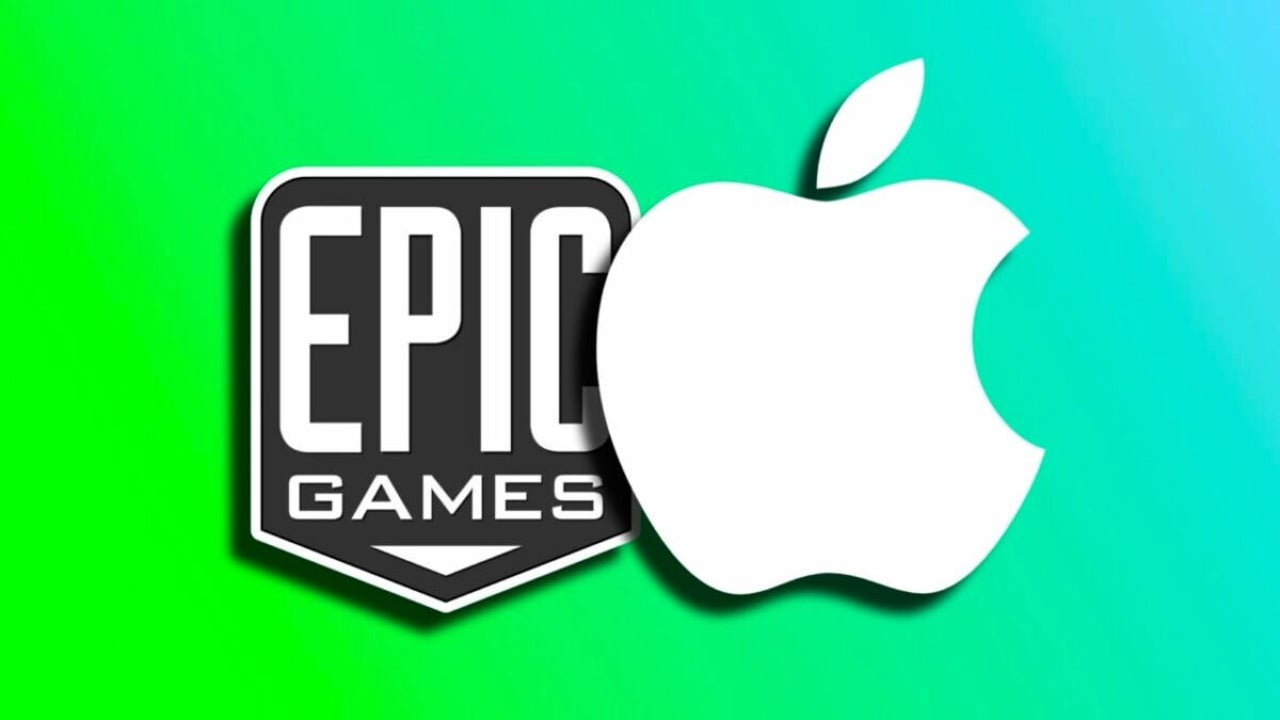News
Apple wins Epic again in court: this is how the United States Supreme Court has ruled
One more step in Epic's long legal battle.

- August 10, 2023
- Updated: March 7, 2024 at 2:53 PM

In the legal battle between Apple and Epic Games, Apple has achieved a significant victory as the United States Supreme Court has chosen not to intervene in the implementation of the App Store’s payment rules, despite Epic’s urgent request. This marks another episode in a conflict that has been ongoing since 2020 and is now approaching its final chapters.
In the three years since Epic accused Apple of what the courts later deemed false, many things have transpired. Before delving into the Supreme Court’s ruling and its implications, let’s review how we’ve arrived at this point and what precisely this decision signifies for the future of the App Store.
Awaiting the decision to be resolved
It all began in 2020 when Epic Games, the creators of the popular video game Fortnite, challenged the rules of the App Store. The company introduced an alternative payment system within the game in a covert manner to bypass the commission paid by all other developers in the store. Consequently, Apple removed Fortnite from the App Store, and Epic, in turn, sued Apple.
After winning all of Epic’s claims, one remained for Apple: the “anti-steering” rules. This App Store policy is designed to prevent developers from advertising the option to make digital purchases outside of the App Store, steering customers away from the ecosystem.
In the case, the judge initially ruled that Apple should change its rules to allow developers to direct customers to purchase mechanisms outside the App Store, opening the door to alternative payment methods.
Since that 2021 verdict, Apple put the implementation of these changes on hold while appealing the decision. However, in April 2023, the Ninth Circuit Court of Appeals upheld the original decision, insisting that the App Store rules should change. Faced with this situation, Apple requested that the case be heard by the United States Supreme Court.
The Appeals Court granted Apple 90 days to present its case to the Supreme Court, and this is where we come to the latest court decision in the case. The court ruled that Apple did not have to make changes until the Supreme Court decided whether it would hear the case. Before Apple could file its appeal, Epic Games made an emergency request, asking that Apple be forced to implement the changes immediately. However, this request was denied by Judge Elena Kagan, siding with Apple.
As of now, Apple maintains its current rules while awaiting its appeal to be filed with the Supreme Court. The next step is to see if the Supreme Court decides to hear the case. If not, the Appeals Court’s decision will stand, and Apple would have to implement the changes requested by Epic Games. If they do decide to hear the case, the final say on the matter will rest with the highest court in the United States.
With this latest decision, the legal battle continues. What’s at stake is not just Apple’s commission—which could potentially be charged through other means—but the very structure of the App Store ecosystem itself and, potentially, other digital markets. While the Epic Store, Epic Games’ platform, continues to charge developers the same commissions as Apple and virtually the rest of the industry, we’ll have to keep an eye on the unfolding events.
Some of the links added in the article are part of affiliate campaigns and may represent benefits for Softonic.
Architect | Founder of hanaringo.com | Apple Technologies Trainer | Writer at Softonic and iDoo_tech, formerly at Applesfera
Latest from David Bernal Raspall
You may also like

Rad Power Bikes Faces Uncertain Future After CEO’s Sudden Departure
Read more

Rivian Unveils Major Software Update for R1S and R1T with Hands-Free Driving Feature
Read more

Toyota Launches First Fast-Charging Station with EVgo in California
Read more

U.S. Solar Capacity Hits 50 Gigawatts in Historic 2024 Milestone
Read more

This is the plan to win the AI race
Read more

Ford Expands EV Access With 140,000 NACS Adapters For Tesla Superchargers
Read more